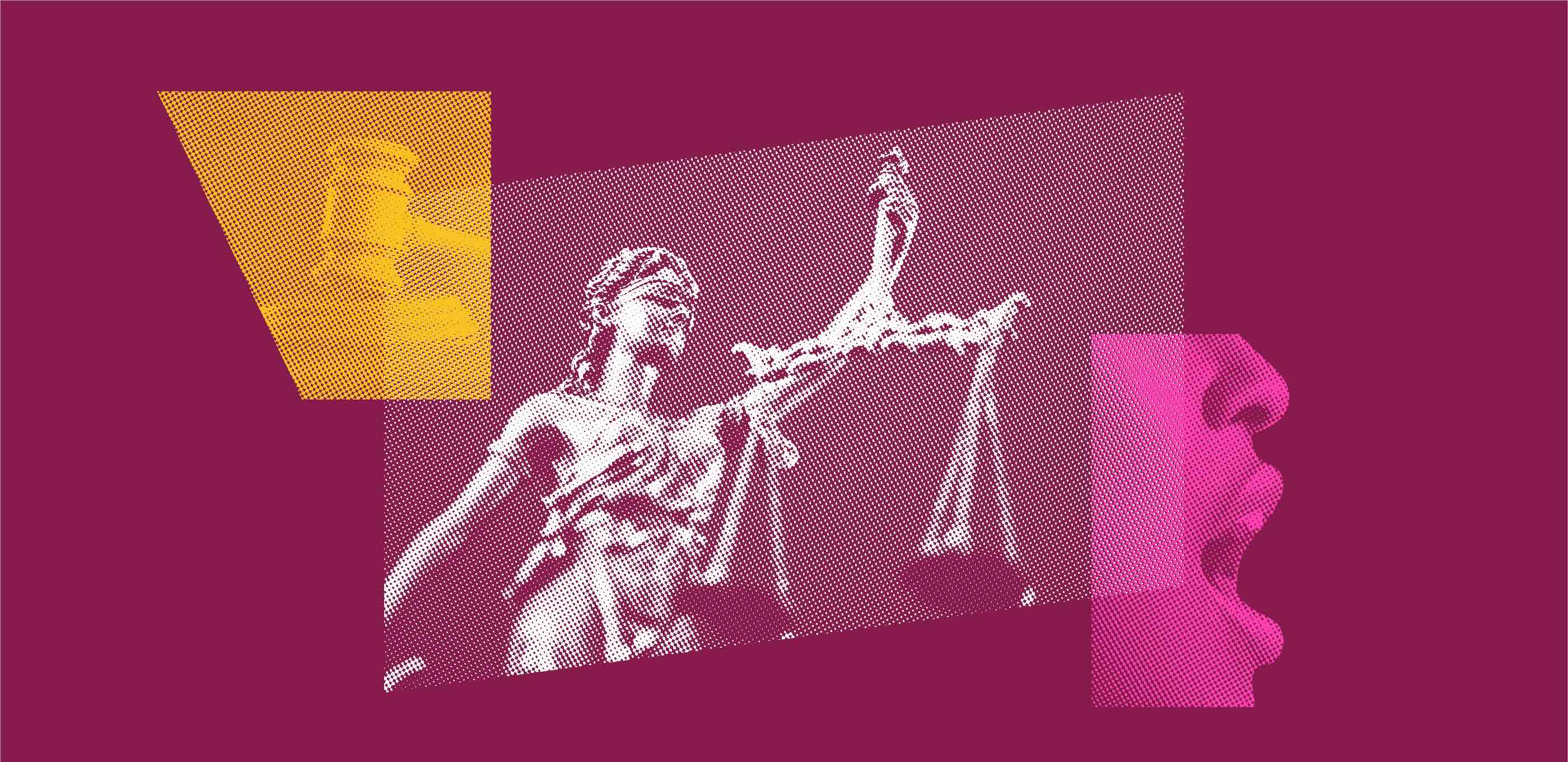
ACLU v. Department of State
What's at Stake
On April 12, 2011, the ACLU filed a Freedom of Information Act request for 23 State Department embassy cables that were released by WikiLeaks in November 2010 and then published by major newspapers. The ACLU sued the government after it failed to respond to the FOIA request. The lawsuit caused the State Department to release portions of the diplomatic cables to the ACLU. See the released cables >>
Summary
WikiLeaks Diplomatic Cables FOIA Documents »
The cables describe the U.S. government's efforts abroad to avoid attention or accountability over actions it has taken in connection with the "war on terror." The communications include the deceptive use of drones for targeted killings, opposition to the release of photos showing U.S. torture of detainees, and attempts to undermine European investigations into the rendition and torture of terror suspects.
Since the embassy cables were published by WikiLeaks in November 2010, the State Department has denounced the leaking of the documents and instructed its employees to not download them from the internet. In another example of the government's unrealistic position, it has said that lawyers representing Guantánamo detainees may not read classified documents released by WikiLeaks about to their clients unless they do so at a secure government facility (those documents, released on April 24, were not part of the ACLU's FOIA request).
The government refused to confirm the authenticity of any particular cable until it was forced to comply with the ACLU’s FOIA request. On October 21, 2011, the State Department released redacted versions of eleven cables and withheld the other twelve in full. When compared to the leaked cables published by WikiLeaks, the redacted releases expose what the government chooses to hide from the public and shed light on the government’s self-serving serving secrecy regime.
The ACLU is currently litigating the government’s justifications for concealing leaked and publicly available information. The government's continued anti-democratic policy of keeping documents classified despite their widespread availability illustrates a disturbing hostility to transparency and Americans' right to know what the government is doing in their name.
Legal Documents
-
07/23/2012
ACLU v. Department of State - Memorandum Opinion
Date Filed: 07/23/2012
Download Document-
07/14/2011
ACLU v. Department of State - The Government’s Response
Date Filed: 07/14/2011
Download Document-
06/09/2011
ACLU v. Department of State - WikiLeaks FOIA Lawsuit Complaint
Date Filed: 06/09/2011
Download DocumentPress Releases
ACLU Sues State Department to Declassify Diplomatic Cables Already Revealed by WikiLeaks